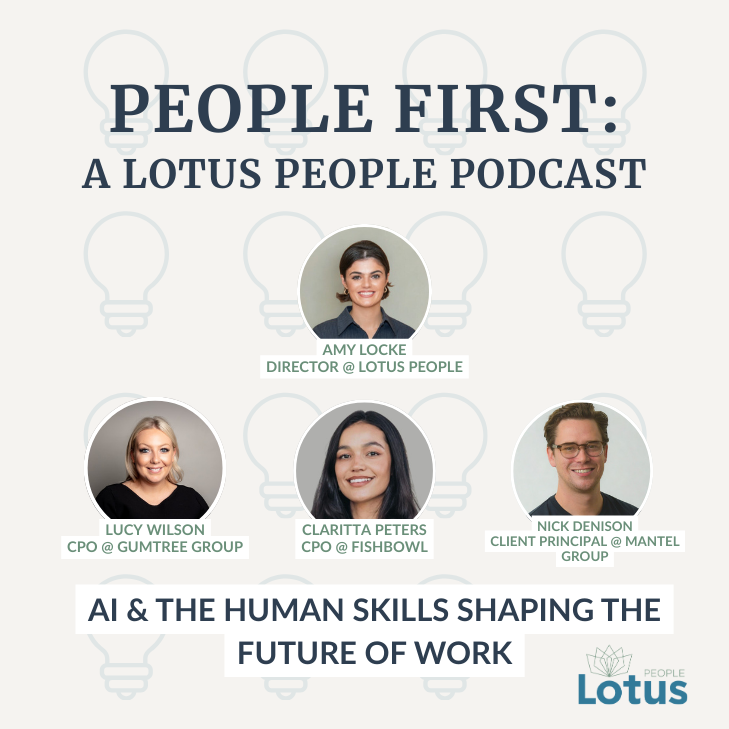After being directly affected by the suicide of his father, Gavin partnered with Janina Nearn to establish the R U OK? project. It has become a huge initiative and has created awareness since inception back in 2009. Eliminating the stigma attached to mental health has been a work in progress over the years, however the awareness around R U OK? Day is the kind of initiative we as a society need to embrace in order to combat change.
Statistics from the Australian Bureau of Statistic indicate one in five Australians between the ages of 16 – 85 years has experienced a mental disorder. It’s identified that younger people are more probable to experience a mental disorder than adults especially those who are 75 years and older.
We are told that of the people who experience mental issues, only 46% reach out for professional help.
The importance of this campaign is to ask our friends, families, colleagues and peers how they’re doing… Having an open heart, open mind and open ears to listen, shows empathy and it shows YOU care.
Whether it’s today, tomorrow or any day of the year, it is important that we are conscious of those around us who may be silently suffering. The ABS indicates in Australia, suicide has been “the 14th leading cause of death since 2008”. These stats are confronting and substantial, so remember; not just today, but throughout the course of your relationships don’t forget to check in with those around you.
Where to get help:
- Lifeline Australia offers a suicide prevention line 24 hours, 7 days a week 13 11 14
- MensLine Australia 1300 78 99 78
- Suicide Call Back Service 1300 659 467
You may also like...





